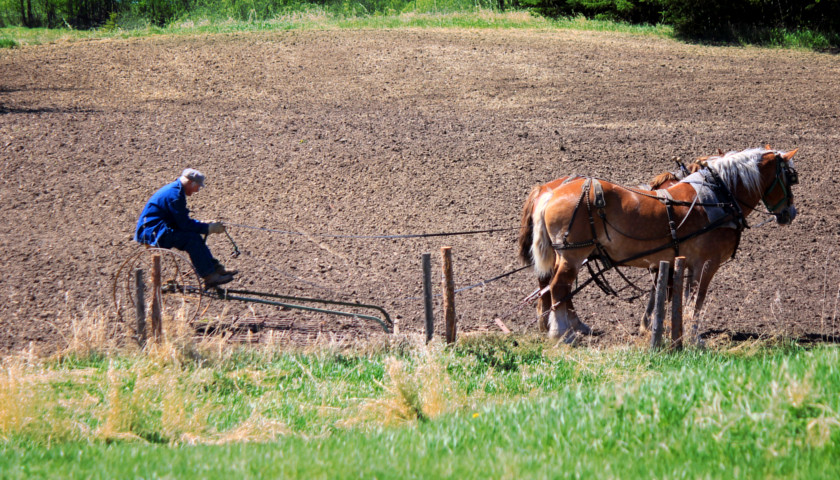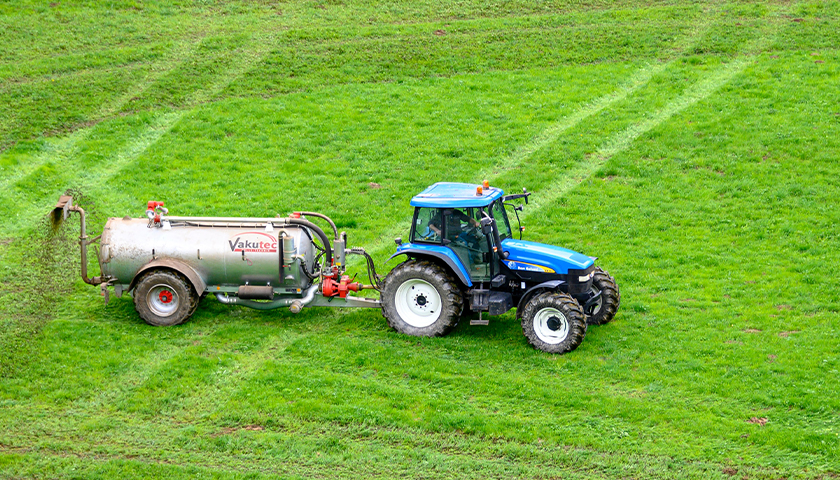Last week the Wall Street Journal reported that a shortage of fertilizer is causing farms in the developing world to fail, threatening food shortages and hunger. Ironically, the lead photo is of mounds of phosphate fertilizer in a Russian warehouse.
Modern synthetic fertilizers are typically made using natural gas or from phosphorous-bearing ores. The former provides the nitrogen that is critical to re-use of fields in commercial agriculture. They constitute more than half of all synthetic fertilizer production.
So what happens when oil and natural gas extraction are crippled in industrialized nations? One likely outcome is that the fertilizer manufacturing industry is also crippled, leaving both large commercial growers and smaller farms around the world starved of a key substance they need to grow food for hungry populations.
Read More

